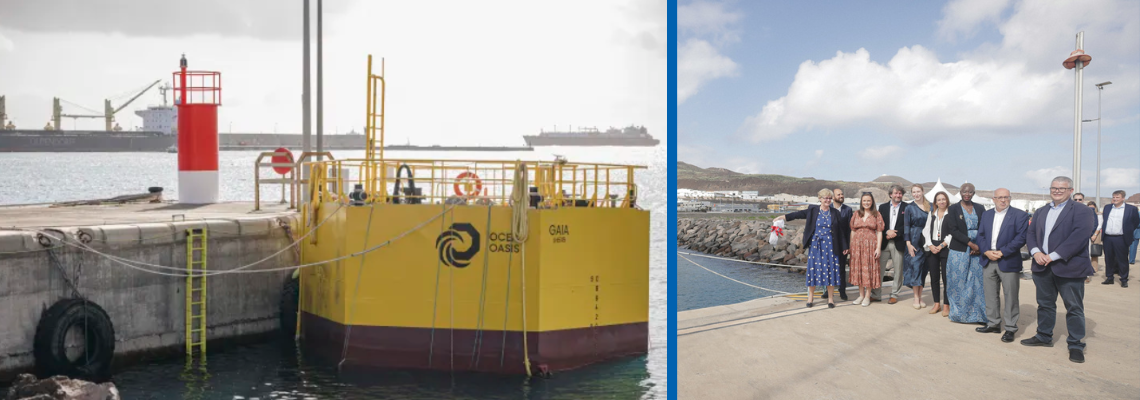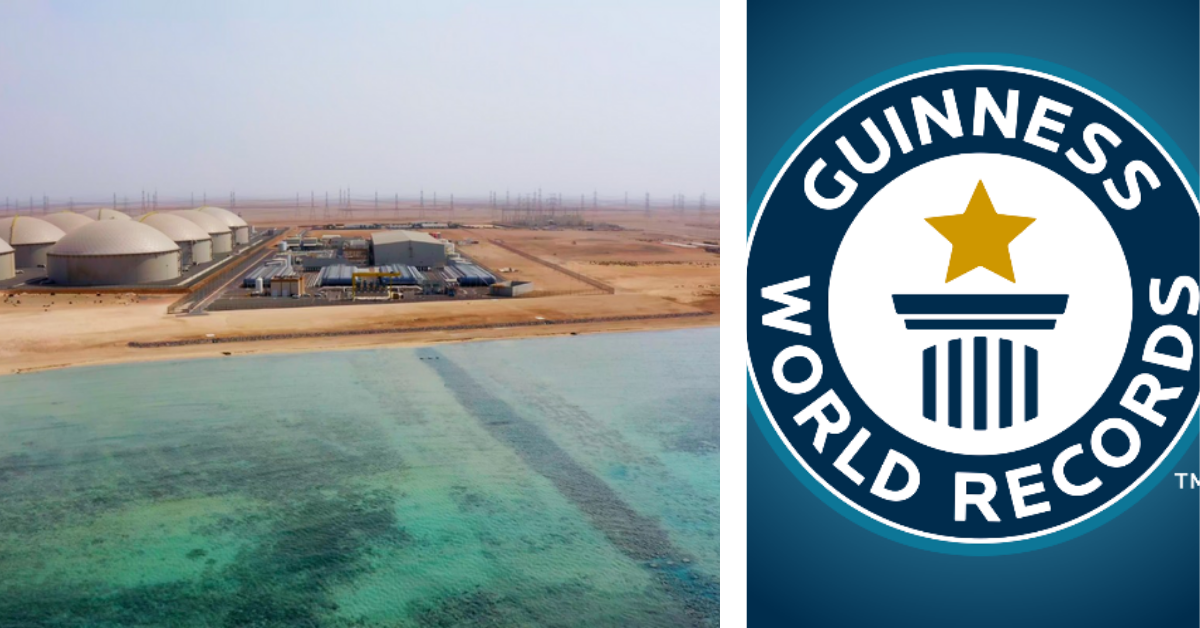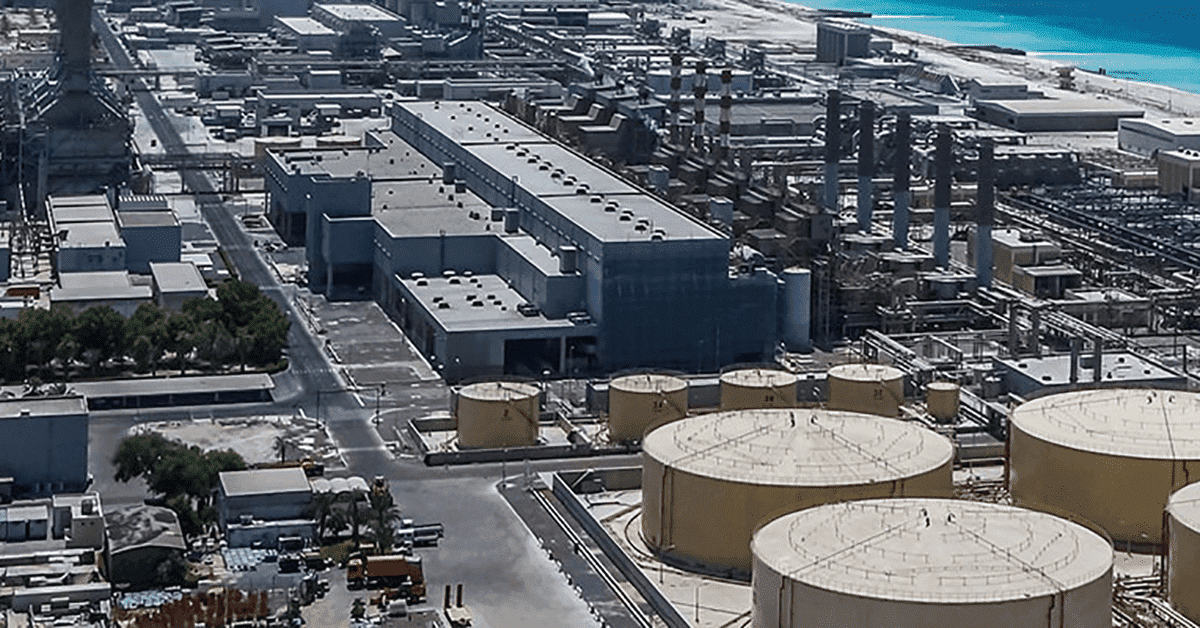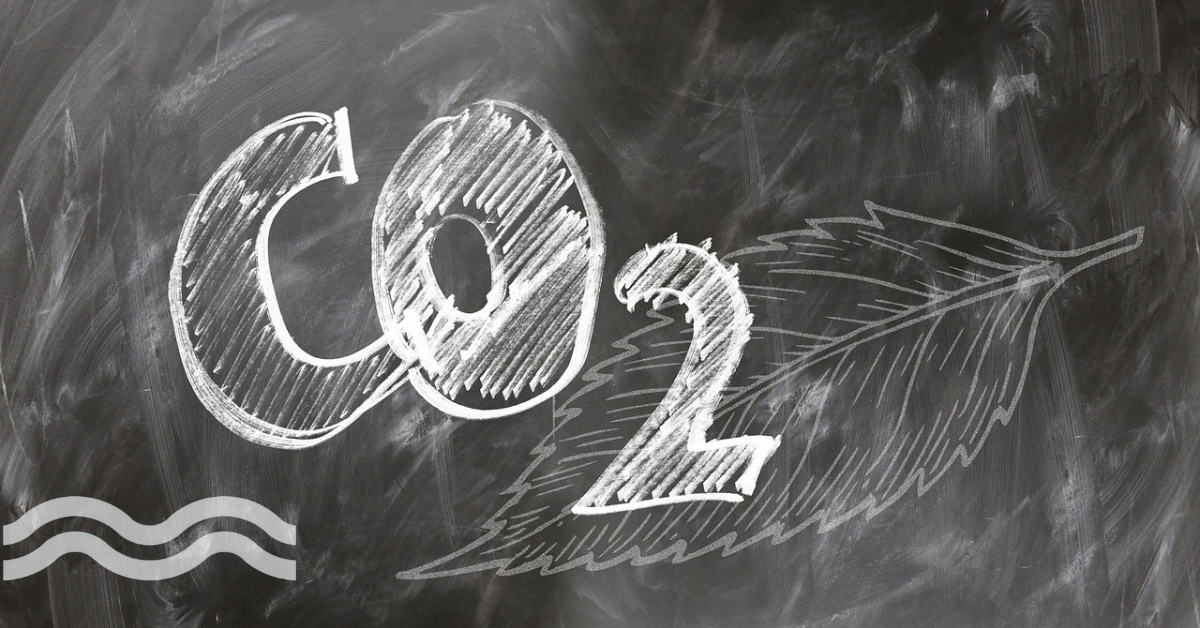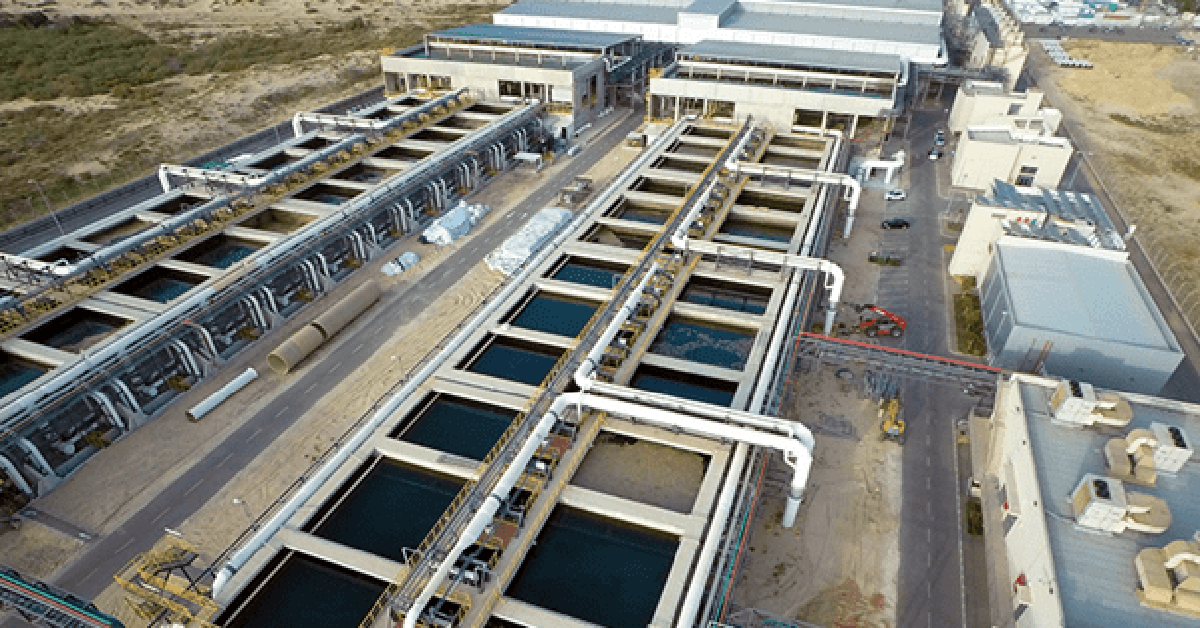Off-shore floating wave-powered desalination gains traction
Norwegian firm Ocean Oasis has developed an off-shore wave-powered floating desalination solution, currently being tested in the Canary Islands.
Wave powered desalination
Norwegian firm Ocean Oasis has developed an off-shore wave-powered floating desalination solution, currently being tested in the Canary Islands.
The project is backed by Grieg Maritime Group, Innovation Norway and the Gran Canaria Economic Promotion Society.
Ocean Oasis said its technology would enable the production of freshwater from ocean waters by harnessing the energy of the waves to carry out a desalination process to pump potable water to coastal users.
The project is backed by Grieg Maritime Group, Innovation Norway and the Gran Canaria Economic Promotion Society.
While Ocean Oasis is yet to reveal the capacity of this device, its development follows recent testing of a similar device. The challenge is to scale the solution to potable drinking water.
“We are looking forward to continuing to develop our activities on the islands. We want this day to be a celebration of our collaboration and what is to come,” said Kristine Bangstad Fredriksen, CEO of Ocean Oasis CEO.
Bringing wave powered desalination to life
Wave powered desalination solutions are not new but are starting to gain momentum.
Water Duck. Canvasback Desalination System. B&V SurfBuoy. These are just a handful of start-ups that received $47,000 from the U.S. Department of Energy (DOE) and the National Renewable Energy Laboratory (NREL, as part of the Waves to Water Prize, to bring wave-powered desalination technologies to life.
B&V’s SurfBuoy involves an inflatable buoy attached to a piston pump with a pulley, to provide pressurised water to a reverse osmosis membrane (RO) unit.
Meanwhile, Water Duck includes a "slack moored, simple and robust wave-driven pump with proven marine onboard RO desalination".
Each subsea plant module is expected to produce 13 million gallons of freshwater per day.
Another Norwegian start-up, Waterise, developed a novel approach to operate a modular desalination system 400m underwater on the seabed.
Each subsea plant module is expected to produce 13 million gallons of freshwater per day (59,000 m3/day) – said to be enough to support a mid-to-large city.
Borja Blanco, CEO of consultancy Aqua Advise and chief commercial officer at Waterise, recently told Aquatech Online that the organisation is "getting pretty close to a real project opportunity" but did not elaborate further.
By submerging containerised desalination systems below sea level, the Norwegian company believes it leverages natural hydrostatic “pre-membrane pressure”.
Share your water technology stories with us
Do you have an innovation, research results or an other interesting topic you would like to share with the international water technology industry? The Aquatech website and social media channels are a great platform to showcase your stories!
Please contact our Sr Brand Marketing Manager Annelie Koomen.
Are you an Aquatech exhibitor?
Make sure you add your latest press releases to your Company Profile in the Exhibitor Portal for free exposure.
We promise never to send you spam and you can unsubscribe at any time!
